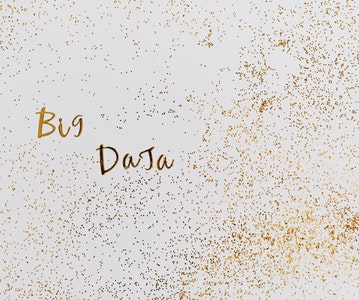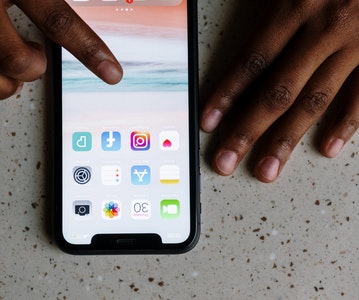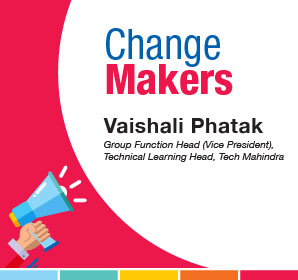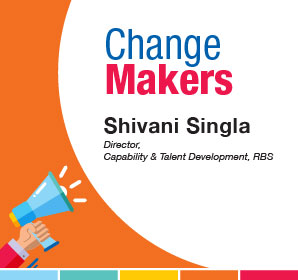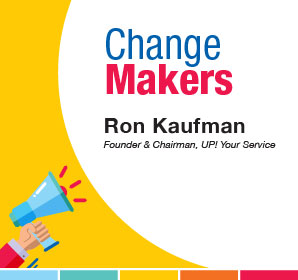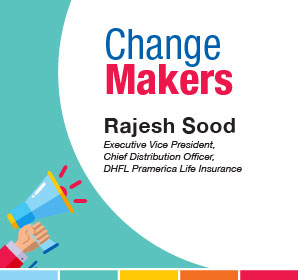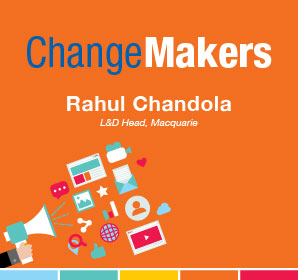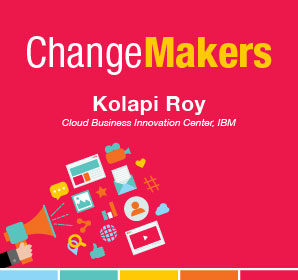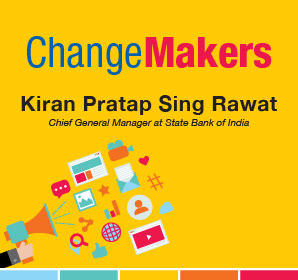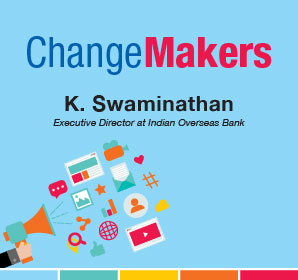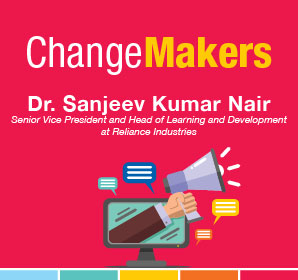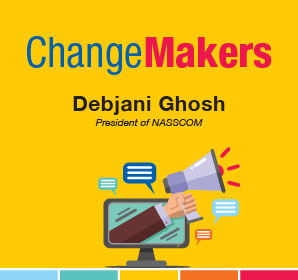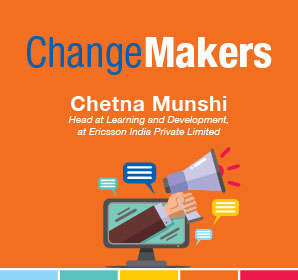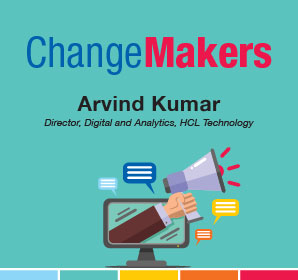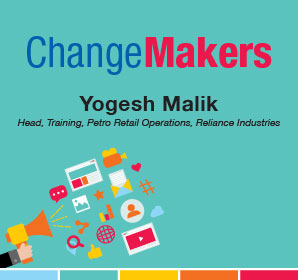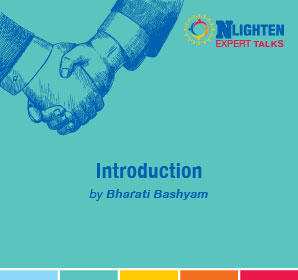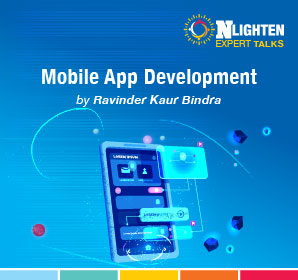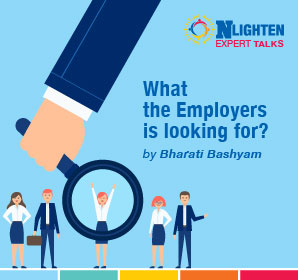This article is about Banking and Finance
How to get a Bank Job in India after college?
By NIIT Editorial
Published on 29/04/2020
12 minutes
Just as with any other government examination, bank jobs in India are highly contested for. With both, the public as well as the private sector of the banking industry developing at a fast pace, college graduates have a lot to aim for when it comes to entrance examinations. The decision to apply for an examination should ideally be influenced by factors such as,
- Designation
- Roles and Responsibilities
- Payscale
- Location
- Industry sector (public/private)
In addition to the above, there are times when a student doesn’t even know about an exam taking place. There are 3 types of jobs in the banking industry that can be applied for through common written examinations. These 3 levels of designations are:
- Probationary Officer
- Bank Clerk
- Specialist Officer
The minimum education qualification for bank jobs in India for such profiles is to be a college graduate. There are further mandates of a minimum percentage of marks as well, but that varies as per the socio-ethnic background of the applicant be it General, Scheduled Casts, Scheduled Tribes, Other Backward classes, etc.
Banks such as the State Bank of India, conduct examinations themselves and undertake bulk-hiring for such positions. Yet, many others impanel themselves with government-approved institutions such as the IBPS. The below list covers such major examinations that are heavily contested by the masses.
IBPS
For aspirants who’re wondering how to get bank jobs after college, IBPS offers the perfect opportunity. Institute of Banking Personnel Selection conducts annual written tests for the following posts:
Clerical – The impaneled banks hire candidates passing the exam for the clerical post. There are two slabs, referred to as “cadres” for which the exam is conducted. They are cadre IX and VIII.
IBPS Clerk Eligibility Criteria
Nationality
Applicants aspiring to be eligible for the IBPS clerk examination must be either of the following:
- Citizen of India
- Subject of Nepal
- Subject of Bhutan
- Tibetan Refugee who migrated to India prior to January 1, 1962, with the intent to settle in the country permanently.
- The applicant could also be an individual of Indian-origin who migrated from the following list of countries with the intention of permanently settling here:
- Pakistan
- Burma
- Sri Lanka
- East African Countries (Kenya, Uganda, the United Republic of Tanzania)
- Zambia
- Malawi
- Zaire
- Ethiopia
- Vietnam
Age Limit
Candidates must be at least 20 years of age or a maximum of 28 years of age as of September 1, 2020. The acceptable birthdate range for such ages stretches to no earlier than September 2, 1991, and no later than September 1, 2000. People originating from the reserved categories can avail a relaxation in the upper age limit.
Educational Qualification
Aspirants should be qualified graduates in a discipline of their choosing and should be able to present valid mark sheets on the day they register for the examination.
Working knowledge of computers is also a must. This should be confirmable with a diploma, certificate, degree, in computer operations, studied computer, information technology in high school.
Language proficiency is another key element to consider. Applicants must fluently speak, read, and write the official language of the state for which they are applying.
Probationary Officer – The bank exam eligibility for age is between 20-30 years. Students passing the exam are enrolled by affiliate banks. As the designation indicates, they serve a period under “probation”, for which time they are referred to as probationary officers. As soon as the probation period is over, the banking professional joins his/her finalized role at the designation of an Assistant Manager. It is believed, that every year approximately 10 lakh students appear for the IBPS Bank PO examination. The Preliminary Exam is followed by Mains and an interview.
IBPS PO Eligibility Criteria
Take the following into consideration before applying for the exam.
Nationality
Same as that of IBPS Clerk.
Age limit
The minimum age limit is set at 20 years with the maximum limit being 30 on August 1st, 2020. There are relaxations for the upper age limit for specific categories:
- Scheduled Caste/Scheduled Tribe – 5 years
- Other backward classes – 3 years
- A person with Disability – 10 years
- For ex-servicemen, commissioned officers, persons domiciled in J&K from January 1980 to December 1989 – 5 years
- Persons affected by 1984 riots – 5 years
Education
Applicants must be in possession of valid mark sheets proving the accomplishment of merits in graduation obtained from an accredited institution.
The specialist officer is a broader term used for a collection of bank jobs after graduation that students can apply for. These include the following:
- I.T. Officer
- Rajbhasha Adhikari
- Agricultural Field Officer
- Marketing Officer
- Law officer
- HR/Personnel Officer
It is a three-stage exam process, where students have to prove their knowledge in the preliminary tests first, then move on to the Mains, and finally clear the face to face round with the jury in an interview.
IBPS SO Eligibility Criteria
Nationality/citizenship
applicants are required to be a citizen of India or a subject of Nepal/Bhutan. Similarly, Tibetan refugees who migrated to India before January 1, 1962, would be considered eligible. In addition to this, anybody originated in India and migrated from countries Burma/Pakistan/Sri Lanka/Uganda/Kenya/the United Republic of Tanzania/Zambia/Zaire/Malawi/Ethiopia/ and Vietnam to India permanently are eligible to apply.
Age Limit
As of November 1, 2020, all applicants are necessitated to be a minimum of 20 years and maximum of 30 years of age.
Education
This examination recruits officers for a variety of job roles such as IT Officer, Agricultural Field Officer, Rajbhasha Adhikari, and Law officer to name some. As a result, the minimum educational qualification varies accordingly.
Regional Rural Bank
RRBs offer promising bank jobs in India for native citizens. Again, the minimum education qualification for bank jobs remains the same as in IBPS PO & Clerk exams i.e. a college graduation degree.
There are 45 Regional Rural Banks (RRB) in India, however, on April 1st, 2020, this number was reduced to 36. The above-listed exams by the IBPS are conducted for urban nationalized banks.
However, it organizes the same for partner banks located in rural localities as well. Through this exam, IBPS enables the hiring of Probationary Officers under a scale of 1, 2, and 3. In addition that candidates can apply for the post of Office Assistants, which is equal to the clerical cadre in urban locations.
Reserve Bank of India
RBI conducts a common written examination for its Grade B officer posts to offer bank jobs after graduation. The day to day responsibilities for this profile involves keeping inflation levels in check by seeing that the RBI guidelines are strictly followed.
Eligibility for RBI Grade B Officer
The bank job information for eligibility regarding openings at RBI are mentioned below:
Nationality
You must be a citizen of India or a subject of Nepal/Bhutan. Just as in other government exams, Tibetan refugees who came to India before January 1, 1962, to settle here permanently. Lastly, people who originated in India and migrated from Pakistan, Burma, Sri Lanka, African regions of Kenya, the United Republic of Tanzania, Zaire, Zambia, Uganda, Malawi, Vietnam to permanently settle in India are eligible to appear for the exam.
Age Limit
Applicants should be a minimum of 21 years of age, i.e. born not earlier than 2nd September 1989, and a maximum of 30 years, i.e. born no later than 1st September 1998. Individuals holding an M.Phil. can continue to apply till they are 32 years of age. Similarly, those with a Ph.D. qualification can apply until they are 34 years old.
State Bank of India
SBI is one of the largest national banks in India. It coordinates common written tests for two posts namely the Probationary officer and the Bank Clerk.
The examination is divided into 3 stages i.e. Preliminary, Mains and the Group Discussion and Interviews. Candidates who successfully clear all the stages are placed under a probation of 2-years. Such trainees may be posted to work at the,
- Local Head office
- Regional Business Office
- SME Branch
- General Banking Branch
- Corporate Office
- Zonal Office
- Specialized Branch
After 2 years and going through another round of internal screening, PO-trainees are rewarded with the post of Assistant Managers.
SBI PO Eligibility Criteria
If you’re wondering how to get a bank job in India, especially, those at the SBI, candidates have to be eligible in terms of age, nationality, and qualification. Let us what the parameters are.
Age Limit
Applicants are required to be a maximum of 30 years old and born no earlier than April 2, 1990. Likewise, the minimum age limit is 20 years which mandates applicants should have been born no later than April 1, 1999.
Educational Qualification
Applicants must be a graduate from an accredited university recognized by the central government of India. Students in their penultimate year of graduation are eligible to apply with the condition that if asked to appear for an interview, they should have their mark sheets on or before July 1st, 2020.
The Junior Associate designation is the same as a Clerk in SBI. In nature, it is a client-facing role where clerical professionals may be required to:
- Personally assist customers with their concerns at the deposit counters
- Market SBI’s products and services
- Support back-office operations such as maintaining documentation, data entry, etc.
Junior Associates have to choose specific geography (state/city) that he/she would apply to basis the vacancies. In addition to passing through other filters of the bank exam eligibility, a candidate must also pass a language proficiency test. It is only after clearing this stage that they are offered the job in SBI.
The above-listed alternatives are for public/national banks. Private Banks have their own set of practices and procedures to hire candidates. Students are encouraged to keep track of the Careers section of their websites for updates. This is one way, but to get a bank job after college in the private sector you have the option to enrol in short-term programs.
SBI Clerk Eligibility
The following are the eligibility criteria for the SBI clerk profile.
Nationality
Indian citizens are eligible to apply for the exam. In addition, SBI permits people between 20 – 28 years of age to appear for the assessment. While this regulation applies to the General category, relaxations are extended to people originating from SC/ST, OBC, and/or other reserved categories.
The Institute of Finance, Banking, and Insurance, better known as IFBI was set by NIIT in partnership with the ICICI Bank in 2006. Since then, IFBI has launched multiple programs training and placing 50000+ candidates in the Banking, Financial Services & Insurance sector. In other words, the programmes have offered an answer to the question how to get bank jobs in India.
NIIT IFBI offers students the opportunity to work at the ICICI Bank through its short-term classroom program, Post Graduate Diploma in Sales and Relationship Banking (PGDSRB). NIIT IFBI follows a 3-stage placement process.
- First, students appear for interviews and preliminary examinations coordinated by NIIT faculty.
- Second, upon clearing the screening rounds, students receive a provisional offer letter that contains the Terms & Conditions of joining ICICI Bank.
- Third, after making up their mind, candidates can pay the fee and join the 45-day classroom training.
As students complete the 45-day curriculum, they are on-boarded by ICICI Bank as interns for 3-months. Following a performance assessment, an intern is converted to a full-time employee designated as a relationship banker. From there on they have a platform to build their career ahead at the ICICI Bank. Find out how you too can create your dream banking career.
PG Diploma in Sales and Relationship Banking
An online blended learning programme for graduates that gives you a job as a Value Banker with ICICI Bank, India’s leading private sector bank.
Assured Job Opportunity*
Role as a Value Banker

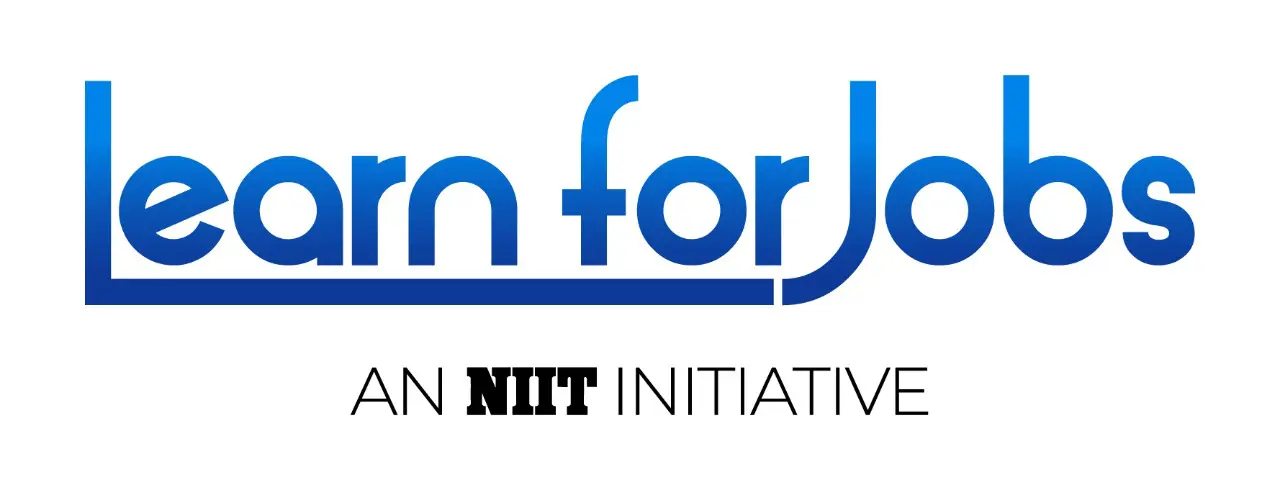
 Sign In
Sign In






































































